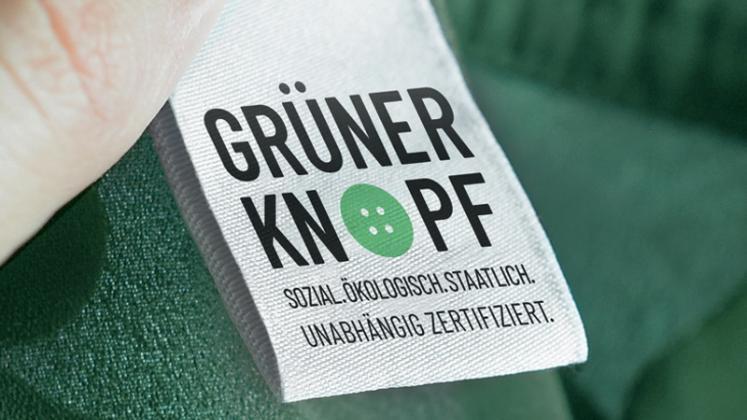[ad_1]

Germany introduced the Green Button, the world’s first Government sustainable textile label in September 2019 keeping in mind sustainable textile practices. With the goal of improving textile production and identifying products that follow strict social and environmental standards, the Green Button signifies a pivotal step in responsible consumption.
It would initially focus on environmental considerations in bleaching, dyeing, and social conditions during cutting and sewing; the Green Button has evolved with the unveiling of Green Button 2.0. This upgraded version incorporates standards for sustainable raw material extraction, allowing only approved fibres and materials.
Moreover, the Green Button acknowledges certification labels meeting the German government’s credibility criteria. Among the recognised labels, the Global Organic Textile Standard (GOTS) has earned its place, supporting Green Button 2.0’s commitment to responsible production.
GOTS certification is now accepted for manufacturing, wet processes, and material production, encompassing plant-based, animal, and man-made fibres within specific proportions.
However, the inclusion of several certifications, like Responsible Down Standard, Responsible Mohair Standard, and Responsible Wool Standard, has drawn criticism from animal welfare organisations. Alleged loopholes in these standards raise concerns about the guarantee of cruelty-free production.
To obtain Green Button accreditation, companies must exhibit recognised certification labels across all areas, ensuring high standards in fibre and material use, wet processes, and manufacturing. Prior to Green Button recognition, companies undergo an audit to confirm compliance with due diligence processes, emphasising commitment to sustainable and ethical practices.
[ad_2]
Source link
